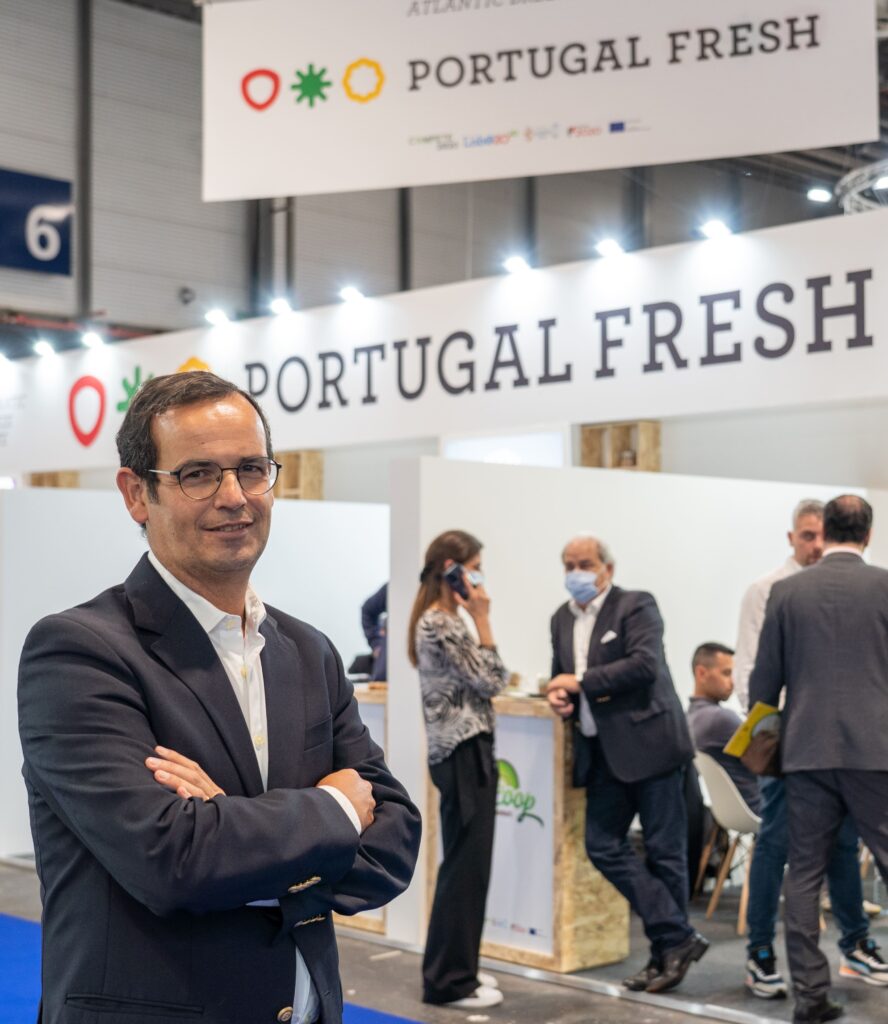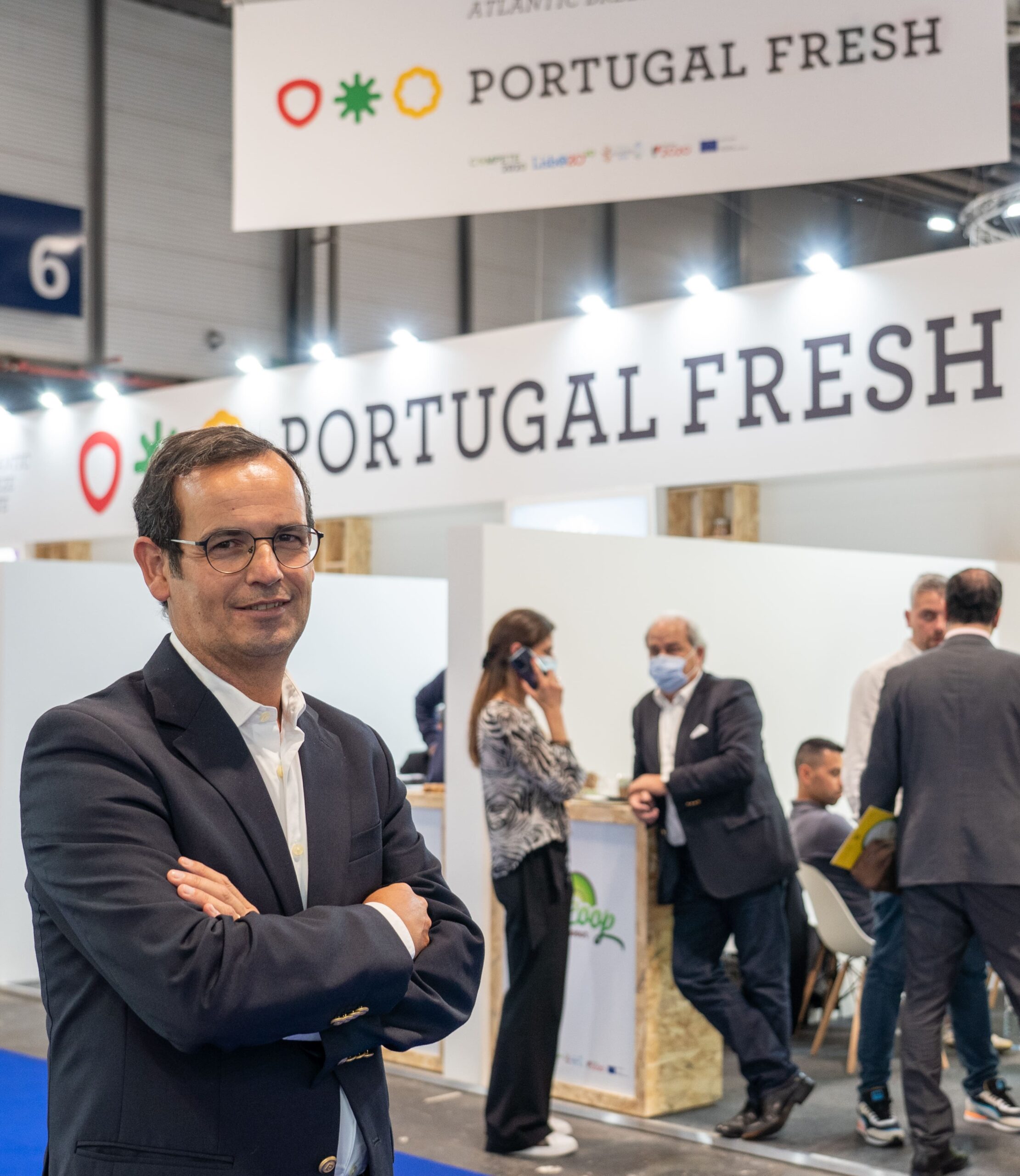Value of Portuguese fruit, vegetable and flower exports up 8% in first half of year
The export value of fruits, vegetables and flowers rose by 8.3% in the first half of the year, reaching a total of over €1 billion. This is the first time that the sector’s international sales have broken the billion euro barrier in the first six months of the year. Over 80% of sales were made to European Union countries. Spain accounted for 33% of the exports and is the main market for Portuguese fruit, vegetables and flowers, followed by France (14%), the Netherlands (13%), Germany (8%), the United Kingdom (7%), Belgium (4%) and Japan (3%).
The highest growth in exports, in value terms, was recorded in vegetables (an increase of 24% compared to the first half of 2022) and preparations of vegetable and fruit products (up 18%). Fruit on the other hand posted a 3% decrease compared to the first half of 2022. Ornamental plants and flowers followed the same trend (drop of 3%).
When analysing international sales by quantity, we can see a decrease of 12.9%, explained by the significant reduction in some productions, as a result of climate change. The sharpest drop in volume terms was in ornamental plants and flowers (24% lower). Fruit and vegetables both recorded an 18% decrease.
Portugal Fresh, Associação para a Promoção das Frutas, Legumes e Flores de Portugal, stresses that the results achieved by the sector contradict the downward trend in the value of overall goods exports that Portugal recorded in the first half, which confirms the strategic importance of the agrifood sector for the domestic economy.
“Fruit, vegetables and flowers produced in Portugal are increasingly valued in the international markets and this positive evolution in exports is the result of the work carried out by a sector that increasingly modern and technological, geared towards the market, and which heavily invests in knowledge and innovation. We once again reiterate the need to enhance the value the agrifood sector, through the Government’s adoption of effective management policies for essential resources, such as water, with more efficient support, tailored to the real needs of the producers and companies, and which are no longer meagre when compared to those adopted by the governments of the southern European countries”, argues Gonçalo Santos Andrade, chairman of Portugal Fresh.
The chairman of Portugal Fresh also adds that “export companies have been employing an increasingly professional approach to enhance the value of their products, investing in international promotion, in their brand and in maximizing the added value of their products, even in an environment of market uncertainty and with the additional challenges to production, where there is a widespread reduction in quantity due to climate change”.
Portugal Fresh has an ongoing Joint Internationalization Project 2023/2025 supported by Portugal 2030 – Competitiveness and Internationalization Operational Program. It foresees a global investment of €1,561,663.52, 48.8% financed by the ERDF – European Regional Development Fund.




